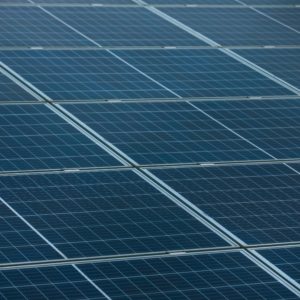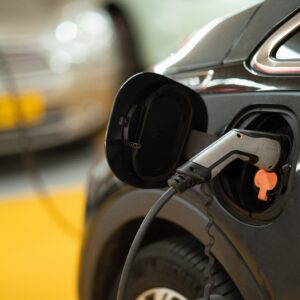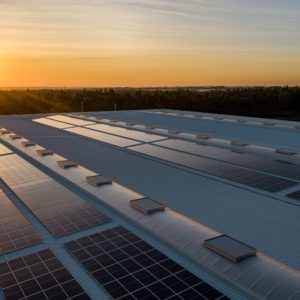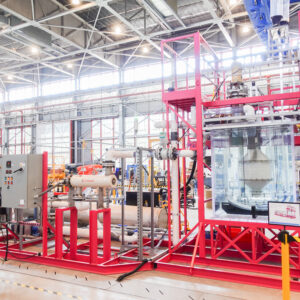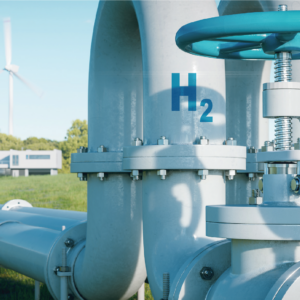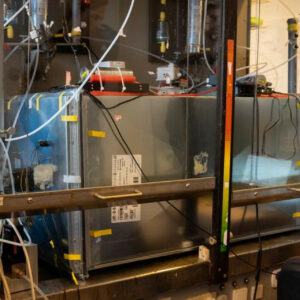"Eidelson emphasizes that while Stepchange is driven by what he sees as a moral imperative — working as fast and aggressively as possible to slash carbon from every sector of the economy — he also expects it to succeed financially."
Andes Offers Farmers a Way to Increase Yields, Reduce Emissions
Andes has pioneered a technique that uses microorganisms to permanently remove carbon dioxide from the atmosphere.
How technology and artificial intelligence are bolstering the battle against wildfires
"Other firetech startups include Overstory, which is using AI to work with utility companies to analyse satellite data and identify wildfire risk from vegetation growing near power lines. California-based Rain is working with fire agencies to use autonomous drones that use sensors to identify fires before they rage out of control. Software and thermal cameras also allow them to fight the fires from the air."
Goodyear Unveils Plans for an EV Future With New Tires at CES
"The company’s new EV product is expected to feature materials including soybean oil used in the tire’s construction as well as sustainably sourced natural rubber as well as high-quality rice husk ash silica, which is a byproduct when rice is processed."
Can this Green Aviation Startup Deliver Truly Clean Flying?
ZeroAvia is aiming to create greener, cleaner skies.
AI-Optimized Grid Balancing Pilot Launched in Finland
"Exaum’s innovation balances the production and consumption of electricity along the power grid, an issue for generators and customers as more intermittent renewable energy is deployed. The technology allows the transmission system operator to adjust and control electricity consumption in the grid, while ensuring that sudden changes in production do not cause blackouts or grid imbalance. It can direct and channel excess power production to areas where it’s needed, such as industrial heating—an area of need in Finland."
NRC Approves First Non-Water-Cooled Reactor in More than 50 Years
The Hermes reactor will help to decarbonize industrial processes in the United States.
Report finds Texas methane emissions hit record low in 2022
"'The Permian Basin’s success in reaching some of the lowest methane intensity rates in the world exemplifies the region’s commitment to environmental stewardship. We will continue to proactively work to minimize oil and gas development’s environmental impact—all while producing affordable, abundant, and reliable energy,' Longanecker concluded."
Meet the boffins and buccaneers drilling for hydrogen
"Hydrogen has the highest energy density of all chemical fuels and is also very reactive, says Eric Toone, chief technology officer of Breakthrough Energy. This makes it potent. It could be used to make essential but currently dirty things such as liquid fuels, steel and ammonia."
Scientists unveil methane munching monster, 100 million times faster than nature
The chlorine atoms then steal hydrogen atoms from methane to make hydrochloric acid (HCl), which can be captured and recycled. The methane atoms decompose into carbon dioxide (CO2), carbon monoxide (CO), and hydrogen (H2), the same way it is processed naturally but at a rate that's roughly 100 million times faster in the reaction chamber."
Copyright © 2020 Conservative Coalition for Climate Solutions
